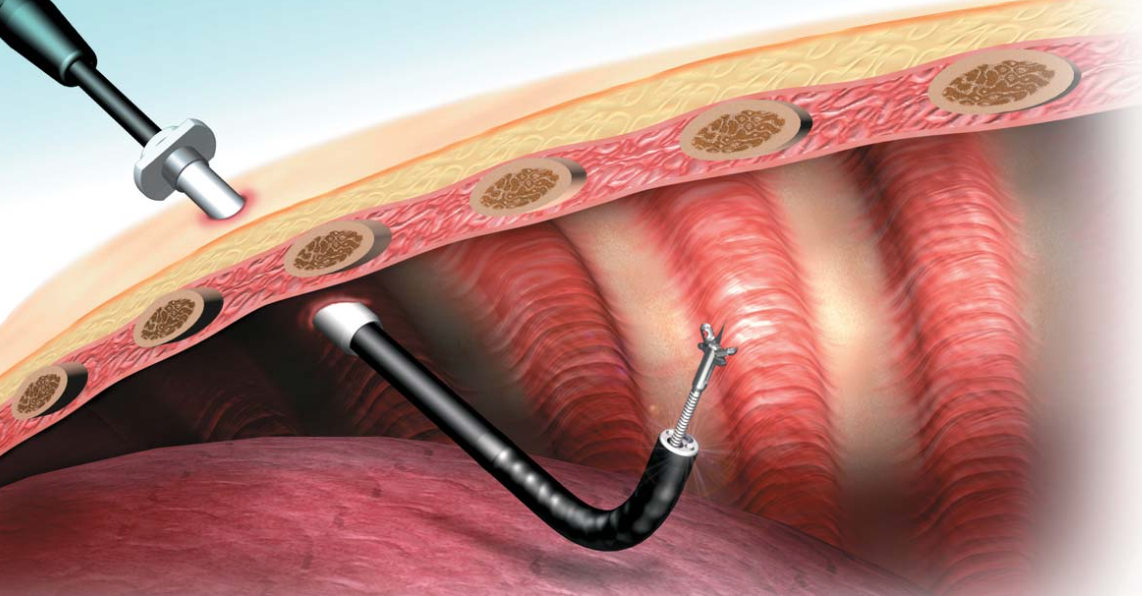
The FENO (Fractional Exhaled Nitric Oxide) test measures nitric oxide levels in your breath. This gas is a biomarker of inflammation in the lungs. It helps doctors understand if your airways are inflamed, often due to asthma.
Nitric oxide is produced by cells lining your lungs. When your airways are inflamed, these cells produce more of it. Higher levels often point to eosinophilic inflammation, common in allergic or asthmatic conditions.
Doctors recommend FENO testing for:
It’s also useful in determining if steroid treatment will work for a patient.
The FENO test is non-invasive and painless. You simply exhale into a handheld device. The entire test takes less than 5 minutes. Results are available almost instantly.
You must avoid eating, drinking, or exercising 1 hour before the test. These can affect the nitric oxide levels in your breath.
Doctors consider your history and symptoms alongside FENO scores. It’s not a standalone diagnostic tool.
Spirometry tests lung function. Blood tests measure eosinophils. But FENO directly checks inflammation. It adds value where other tests might not be clear.
FENO is especially useful when symptoms don’t match spirometry results. It can clarify what’s really happening inside the lungs.
Certain factors can affect FENO results, including:
Always follow pre-test instructions and discuss your results with a healthcare provider.
FENO testing plays a key role in personalized asthma care. It helps reduce overuse of medications. It also helps prevent undertreatment. Patients with high FENO often benefit from inhaled steroids. Those with low levels may not need them.
Doctors use FENO alongside other tools to track asthma control over time.
The FENO breath test is a game-changer in respiratory care. It delivers quick insights into airway inflammation. It aids in diagnosis and helps guide effective treatment. Fast, simple, and reliable—it’s an essential tool for anyone managing asthma.
Copyright © All Rights Reserved, By Dr. Harsh Vij